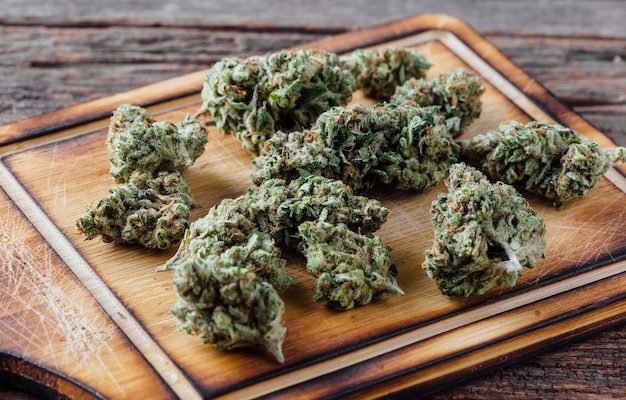In a shocking turn of events, climate protesters recently threw soup at the Mona Lisa painting in the Louvre Museum in Paris. The incident occurred as a group of activists staged a demonstration in support of climate action and environmental protection. This controversial act has sparked outrage around the world, with many condemning the protesters for targeting a priceless piece of art.
The protesters, who belong to the Extinction Rebellion movement, claimed that they were making a statement about the need for urgent action to address the climate crisis. They argued that the world’s heritage and cultural treasures are at risk due to the impacts of climate change and environmental destruction. While their intentions may have been noble, their method of protest has undeniably caused significant damage and raised serious ethical questions.
The Louvre Museum has stated that the painting was not damaged by the incident, but the act has prompted discussions about security measures for protecting iconic artworks. The museum’s director, Jean-Luc Martinez, emphasized that the institution is committed to safeguarding its collections and ensuring the safety of visitors and artworks.
In a separate development, French farmers have also made headlines by vowing to put Paris “under siege” in protest against government policies and agricultural reforms. The farmers are demanding greater support and better economic conditions for their industry, which has been facing numerous challenges, including climate change, trade agreements, and market competition.
The farmers’ threat to disrupt the capital city’s operations has raised concerns about potential disruptions to daily life and public transportation. The French government has responded by promising to engage in dialogue with the farmers and address their grievances.
These recent incidents highlight the growing tensions and frustrations around issues related to climate change and environmental sustainability. While it is important to acknowledge the urgency of addressing these pressing concerns, it is equally crucial to uphold principles of respect, non-violence, and dialogue in advocating for change.
The actions of the climate protesters and the threats made by the French farmers underscore the need for constructive and peaceful approaches to effecting social and political change. It is essential for all stakeholders to engage in meaningful dialogue and work towards solutions that benefit everyone, while upholding the values of art, culture, and peaceful coexistence.
In the face of escalating tensions, it is crucial for all parties involved to prioritize understanding, empathy, and collaboration in addressing the complex challenges of our time. This will require a collective effort to find common ground and cultivate a spirit of unity and solidarity in pursuit of a sustainable and harmonious future for all.




